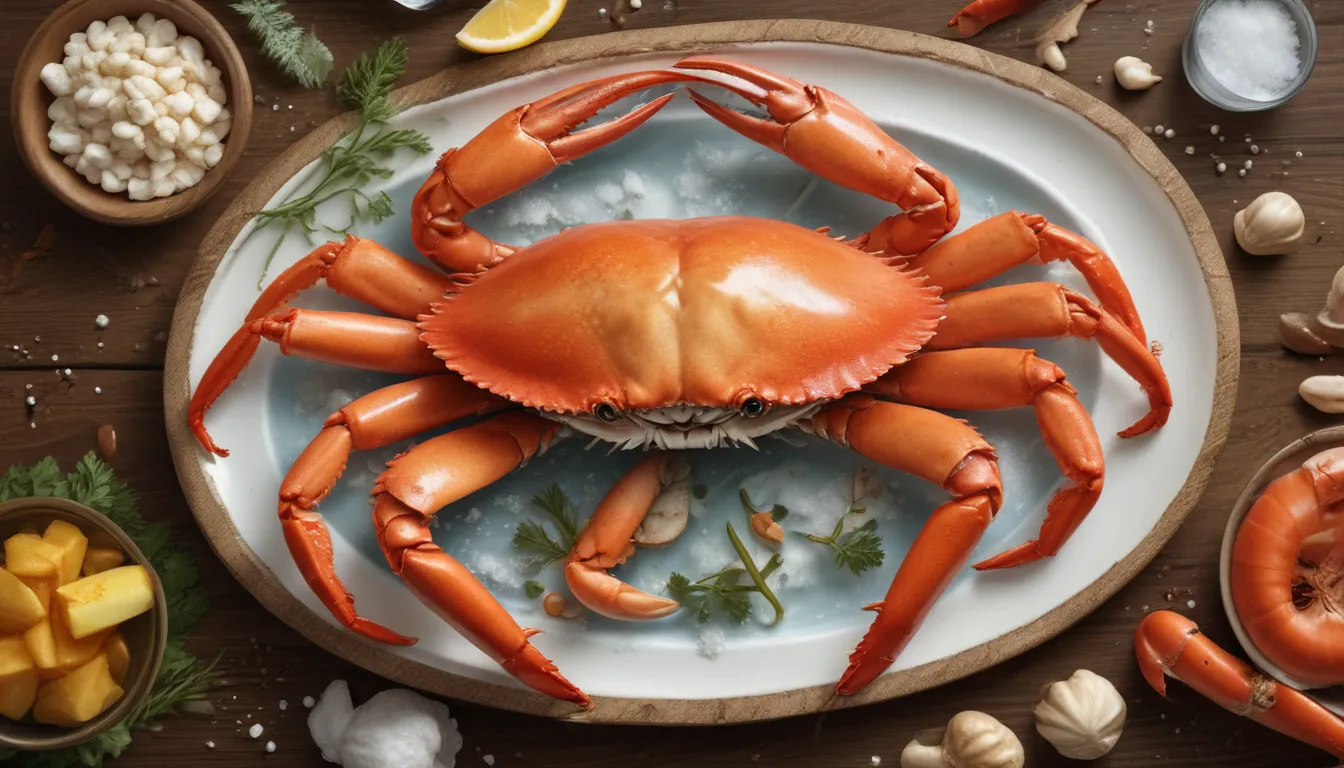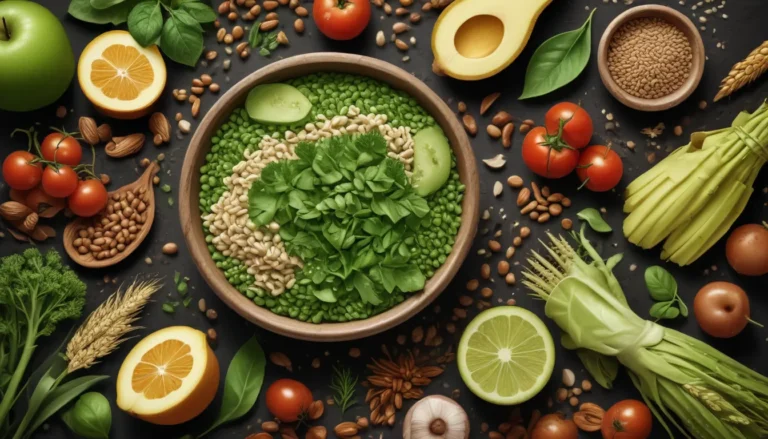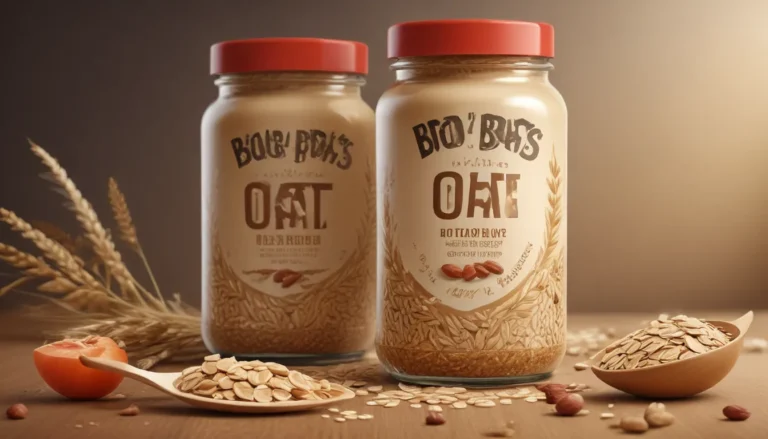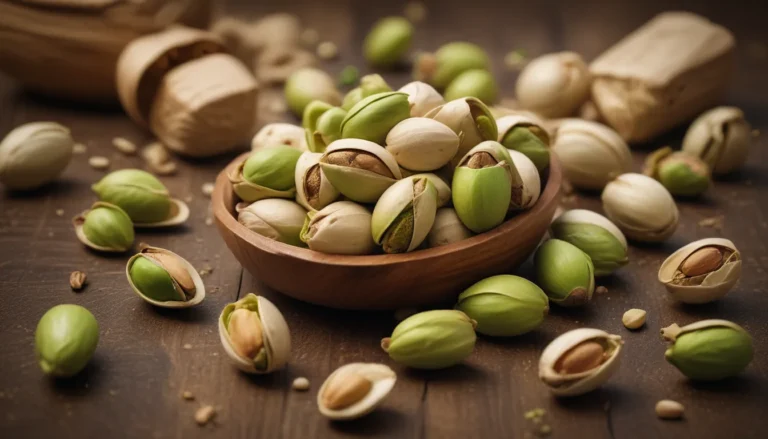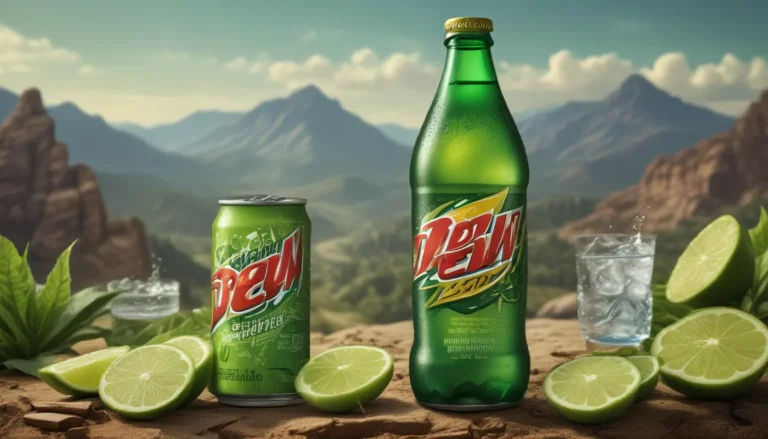The pictures in our articles might not always show exactly what the text is talking about. We use these images to make the article more interesting and eye-catching. They are there to add to the text, but not to replace it or show every detail.
Indulge in a delicious seafood experience that not only tantalizes your taste buds but also nourishes your body with essential nutrients. Snow crab, known for its succulent meat and delicate flavor, is a culinary treasure packed with health benefits. In this comprehensive guide, we will delve into the fascinating snow crab nutrition facts that will make you appreciate this delightful crustacean even more. So, let's explore the protein powerhouse and other essential nutrients that snow crab has to offer.
Discovering Snow Crabs: A Cold-Water Delicacy
Snow crabs are a species of crab found in the cold waters of the northern Atlantic and northern Pacific oceans. Their sweet and delicate meat makes them a popular choice in seafood cuisine. With long, spindly legs and a relatively small body, snow crabs are known for their reddish-brown to purplish color. The snowy-white appearance of their meat gives them the name "snow crab."
Snow Crab: A Protein-Rich Choice
- Snow crab is an excellent source of protein, essential for muscle growth, repair, and overall cellular function.
- Including snow crab in your diet can help you meet your daily protein needs.
Omega-3 Fatty Acids: Heart-Healthy Goodness
- Snow crab is rich in omega-3 fatty acids, crucial for heart health and brain function.
- Omega-3s in snow crab are linked to reducing inflammation and improving cognitive function.
Low-Fat, High-Flavor Option
- Snow crab is naturally low in fat, making it a guilt-free seafood choice.
- It offers a sweet and delicate flavor profile without compromising taste.
Snow Crab: A Nutrient Powerhouse
- Snow crab is packed with essential vitamins and minerals such as vitamin B12, vitamin C, zinc, copper, and selenium.
- These nutrients contribute to overall health and well-being.
Vitamin B12 Boost: A Vital Nutrient Source
- Vitamin B12 in snow crab supports red blood cell production, nerve function, and DNA synthesis.
- Snow crab is a fantastic natural source of vitamin B12.
Snow Crab Benefits for Bone Health
- Snow crab is an excellent source of calcium and phosphorus, essential minerals for maintaining strong and healthy bones.
- Including snow crab in your diet can support bone health.
Heart Health Support: Omega-3s in Snow Crab
- The omega-3 fatty acids in snow crab contribute to heart health by lowering cholesterol levels and reducing the risk of heart disease.
- Including snow crab in your diet can promote cardiovascular well-being.
Immune-Boosting Selenium in Snow Crab
- Snow crab contains significant amounts of selenium, an important mineral that supports immune function and acts as an antioxidant.
- Including snow crab in your meals can help bolster your immune system.
Snow Crab: Hydrating Delight
- Staying hydrated is essential for overall health, and snow crab can contribute to your daily hydration needs.
- Its high water content makes it a hydrating seafood choice.
Low-Calorie Protein Source
- Snow crabs are relatively low in calories compared to other protein sources, making them a satisfying yet calorie-conscious option.
- Including snow crab in your meals can help you enjoy a light and tasty seafood feast.
Iron-Rich Snow Crab: Beneficial for Health
- Iron is essential for carrying oxygen throughout the body and maintaining healthy red blood cells.
- Snow crab provides a good amount of iron, especially valuable for individuals with iron-deficiency anemia.
Antioxidant-Rich Snow Crab: Protecting Your Health
- Snow crab contains antioxidants like vitamin C and selenium, which help protect the body against damage from harmful free radicals.
- These antioxidants contribute to reducing oxidative stress and promoting overall health.
Healthy Skin: Snow Crab’s Nutrient Benefits
- The nutrients in snow crab, including omega-3 fatty acids, vitamin C, and selenium, can promote healthy skin.
- They play a role in collagen production, skin cell regeneration, and protection against environmental damage.
Safe Seafood Choice: Low-Mercury Snow Crab
- Snow crab is considered a low-mercury seafood option, making it safe for regular consumption.
- Enjoying snow crab can provide health benefits without concerns about mercury levels.
Energy-Boosting Snow Crab
- With its protein content and rich nutrient profile, snow crab can provide a sustainable source of energy.
- Including snow crab in your meals can help you stay energized throughout the day.
Prenatal Benefits of Snow Crab
- Snow crab is a valuable addition to a prenatal diet, providing essential nutrients like vitamin B12 and omega-3 fatty acids.
- These nutrients support fetal brain development and overall maternal health.
Culinary Versatility of Snow Crab
- Snow crab's tender and flavorful meat can be enjoyed in various culinary preparations such as steamed, boiled, grilled, or in dishes like salads or pasta.
- Its versatility makes snow crab a delightful addition to any meal.
Sustainability: Snow Crab as a Responsible Choice
- Snow crab from well-managed fisheries is considered a sustainable seafood option, preserving marine ecosystems for future generations.
- Choosing sustainable snow crab supports environmental conservation efforts.
Embrace the Experience of Snow Crab
- Beyond its nutritional value, savoring snow crab is a sensory delight.
- Crack open the shells, relish the tender meat, and enjoy the satisfaction of indulging in a delicious seafood treat.
In Conclusion: Snow Crab as a Nutritional Powerhouse
- Snow crab offers a wide range of health benefits, from being an excellent protein source to providing essential vitamins and minerals.
- Treating yourself to snow crab means nourishing your body with every succulent bite.
FAQs: Answering Your Questions about Snow Crab
Is snow crab safe for individuals with shellfish allergies?
Individuals with shellfish allergies should exercise caution when consuming snow crab. Consult with a healthcare professional for personalized advice.
How can I cook snow crab at home?
Prepare snow crab by steaming, boiling, or grilling it. Serve with melted butter or your favorite dipping sauce.
Can I freeze snow crab?
Yes, snow crab can be frozen for later use. Ensure it is cleaned and cooked before freezing for the best quality.
How can I tell if a snow crab is fresh?
Look for bright, shiny shells with firm meat when purchasing snow crabs. Avoid any signs of discoloration or odor.
Can I enjoy snow crab if I’m watching my sodium intake?
Snow crab contains some sodium, so consume it in moderation if you're monitoring your sodium intake. Adjust other meal components for a balanced diet.
Trustworthy and Engaging Content
Our commitment to delivering trustworthy and engaging content ensures that each fact on our site is contributed by real users like you. Our dedicated editors review each submission to ensure accuracy and credibility, providing you with fascinating and reliable information. Explore and learn with us, trusting in our commitment to quality and authenticity.
